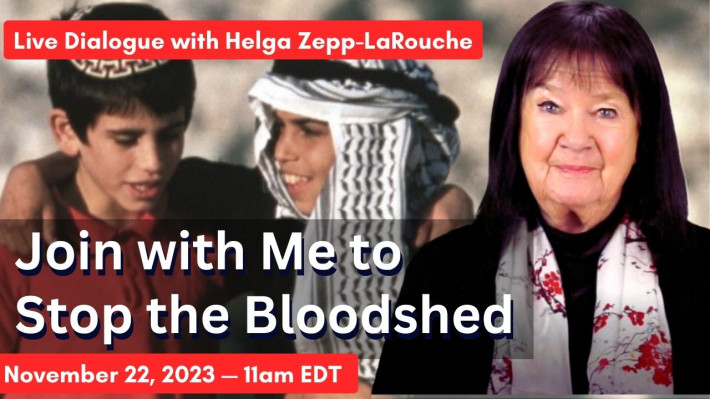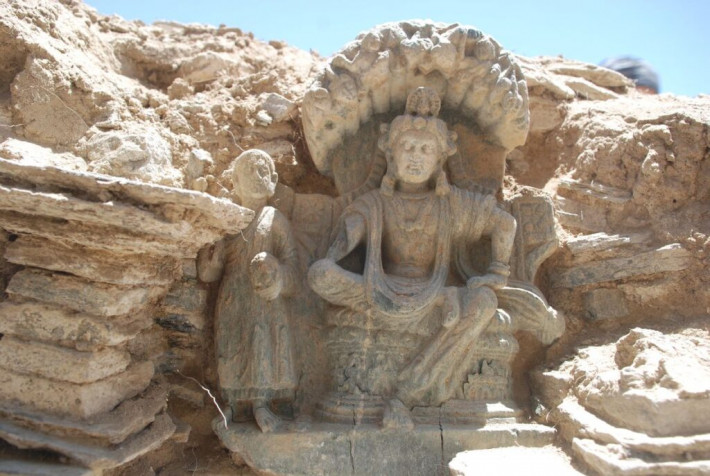A series of diplomatic meetings occurred yesterday, with more scheduled for today and the coming days ahead, of leaders seeking a strategy to find an exit from the vicious cycle of violence, which did not begin on October 7, but has proceeded continuously since the British left Palestine in 1948. An agreement for an extended ceasefire is a crucial first step, which could be enforced by the U.S., which would be supported by most nations.
A two-day extension of the “Humanitarian Pause“ was announced Monday evening, Nov. 27, thereby extending the pause until Thursday morning, Nov. 30. The question lingering in front of the world, however, remains: Can this temporary pause be turned into a real, lasting peace? And what’s required to actually achieve that?
Nov. 29 will see the convening of a high-level meeting of United Nations Security Council in New York, to be specially chaired by China’s Foreign Minister Wang Yi. In addition, members of the Arab League and Organization for Islamic Cooperation (OIC), whose foreign ministers have recently visited most members of the Security Council, will be in attendance, likely making the event another step forward in the flurry of global diplomatic activity underway.
In discussion with associates on Nov 27, Helga Zepp-LaRouche reminded people that this conflict in Gaza, as with the war in Ukraine, are pawns of today’s reigning unipolar world order, and are thus being pushed in ways to further a much larger geopolitical agenda. This is also why it is so dangerous, because as the system continues to collapse before the eyes of the world, there are some who are willing to go to the end of the Earth to maintain their control—even if that includes world war.
Therefore, the United States and other Western nations must be brought to see other nations, particularly rising powers such as Russia and China, not as threats to “our system” but as allies in an effort to improve the whole world. Those who are stuck in a geopolitical confrontation are like “robots,” Zepp-LaRouche said, “they have no idea of culture nor of justice,” and they have no respect for the cultures of other nations.
“It is high time that the United States goes back to its foreign policy of John Quincy Adams, and that Europe likewise really starts to overcome the remnants of colonialism,” she continued. These underlying axioms are the biggest obstacle for Western societies’ ability to see a solution out of this crisis, Zepp-LaRouche said: “They do not really take into consideration the fact that the Global South has a fundamental right to overcome poverty, and that their decision, which was reinforced by China’s rise and the economic power of China … that they have the absolute right to control their own resources, increase the value chain in their own countries by reprocessing and the creation of semi-finished and finished products, and by building up real, full-fledged economies in their own country to increase the living standard of the entire population.”
Therefore, the way to shift the world today is to “get Europe and the United States to really understand that cooperation with the Global South, and not confrontation, is the easy way to get out of this whole war danger and establish a new paradigm among the nations of the world.”
The principles that are the key to mutual security based on common economic development were exemplified by Lyndon LaRouche in his Oasis Plan. These principles can be applied globally within the framework of a New Security and Development Architecture and the underlying Ten Principles of Helga Zepp-LaRouche.
Join the Schiller Institute in these crucial days and help build a mass movement for peace through development.

























